Are you watching your kid astronaut gaze up in wonder at the night sky, full of questions about the moon’s craters, the twinkling stars, and the colourful planets? Embark on a magical voyage of discovery and imagination together. This guide helps you select astronomy-themed toys that illuminate young minds, encouraging curiosity, imagination, and a lifelong love of learning for your child.
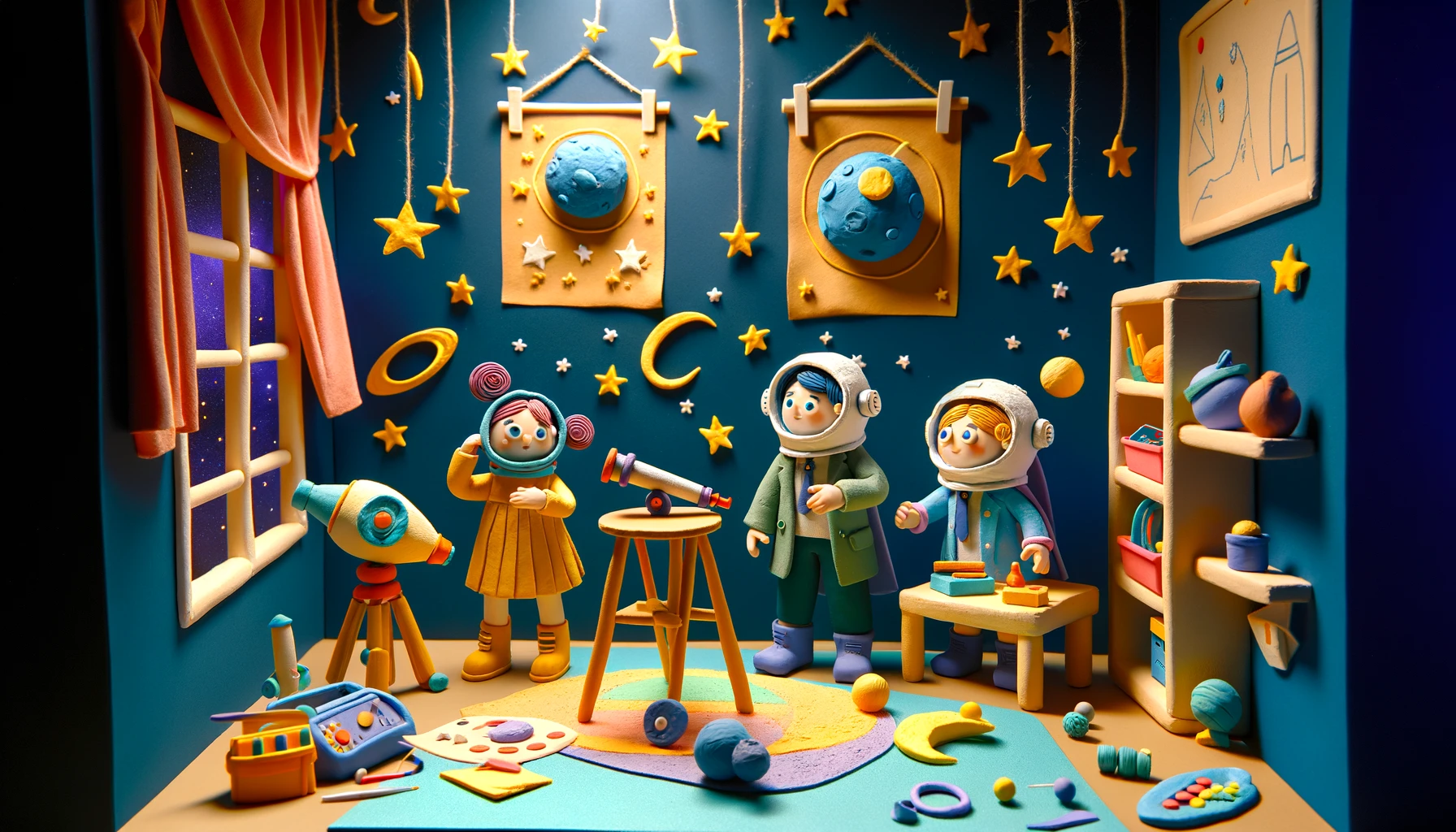
1. Foster Creative Role-Playing
An astronaut costume does more than dress up; it’s a vessel for imagination, transforming bedtime into an enthralling space mission. Through this creative play, children develop vital language skills, creativity, and the ability to socialize by crafting and sharing their unique cosmic adventures. This immersive experience encourages them to think creatively, express themselves, and learn the importance of teamwork and communication.
Books for your kid astronaut
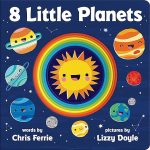
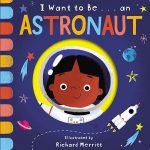
2. Create a Bedroom Planetarium
Transform your child’s bedroom into an enchanting universe with a night sky projector and space-themed wall decals. This immersive environment not only fuels curiosity about the cosmos but also serves as a practical educational tool. Children learn to identify constellations and celestial bodies, while the starlit ambiance provides a calming backdrop for bedtime, fostering a seamless blend of learning and relaxation. This setup encourages a lifelong fascination with astronomy, blending education with the comfort and imagination of their personal space.

3. Explore the Cosmos with Playful Learning
Engage your child with vibrant, tactile planet toys and solar system puzzles that offer more than just fun. These interactive tools encourage hands-on exploration and learning, allowing children to physically engage with the concepts of the cosmos. Sorting planets by size, assembling a model solar system, or navigating through a cosmic puzzle enhances critical thinking, spatial awareness, and problem-solving skills, setting a foundation for academic success and a curious, analytical mindset.
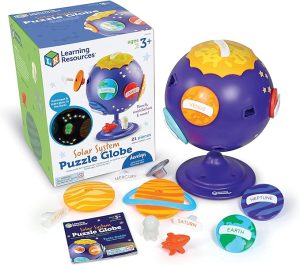
4. Embark on Kid Astronaut Adventures
A rocket play tent is a gateway to limitless space exploration, turning ordinary days into extraordinary adventures. This creative setup inspires children to undertake imaginative space missions, fostering a sense of exploration and adventure. It’s a playful way to introduce concepts of space travel, the life of astronauts, and the science behind rockets, encouraging physical play, storytelling, and the development of motor skills in a context that’s as educational as it is entertaining.
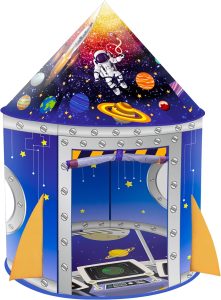
5. Sing Along with Space Introduce your kid astronaut to the wonders of the universe through music, using songs and rhymes about planets, the Sun, and constellations. This approach not only makes learning about astronomy fun and accessible but also helps in developing a love for music and rhythm. Engaging with musical content enhances memory, language development, and auditory skills, making complex concepts like space more relatable and understandable for young minds.
6. Decorate with Educational Planet Charts/Posters Incorporate brightly colored charts or stickers of the planets into your child’s room decor to create an engaging learning environment. These visual aids not only beautify their space but also serve as constant learning tools, sparking curiosity and facilitating recognition and understanding of different celestial bodies. This visual immersion into the cosmos aids in memory retention, encourages questions, and provides a daily learning opportunity that blends seamlessly with their environment.
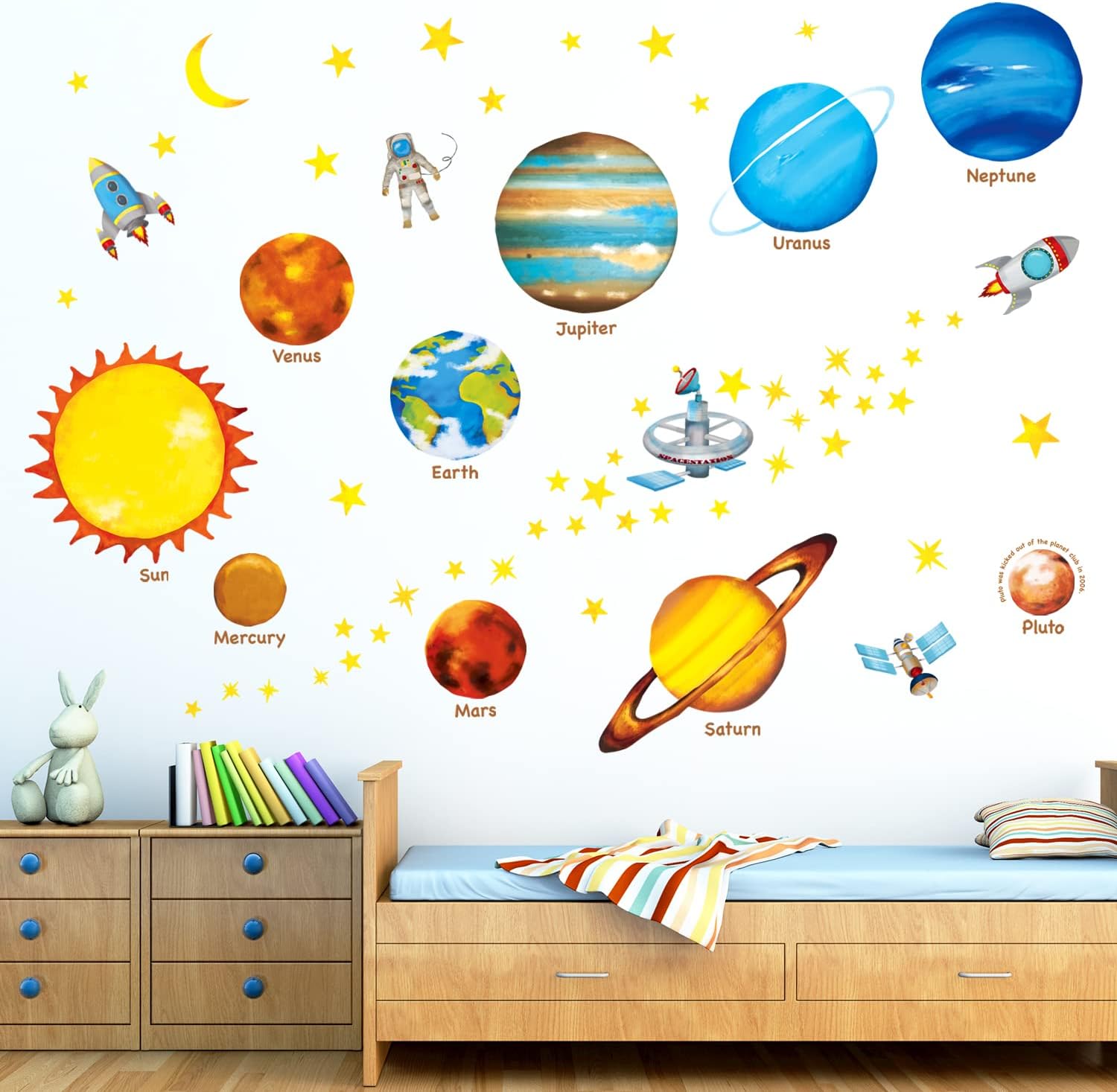
Bonus Tip: Utilize resources like your local library for space-themed books and look for planetarium shows geared towards young audiences. Exposing your kid astronaut to a variety of astronomical experiences can greatly enhance their curiosity and knowledge.
What benefit can my toddler get from learning about the solar system?
Introducing your toddler to the wonders of the solar system can have a profound impact on their cognitive and emotional development. Learning about the planets, stars, and galaxies fosters a sense of curiosity and wonder, encouraging young minds to ask questions and seek answers. Here are some key benefits:
Enhances Cognitive Skills: Exploring the solar system helps develop critical thinking and problem-solving abilities as children learn to understand complex concepts like space, distance, and gravity in simplified terms.
Boosts Imagination: Learning about different planets and celestial phenomena expands a child’s imagination, opening up a universe of possibilities for creative thinking and storytelling.
Encourages Scientific Inquiry: Early exposure to astronomy lays the foundation for a lifelong interest in science, prompting toddlers to explore other scientific disciplines as they grow.
Improves Vocabulary: Discussing the solar system introduces new terminology, enhancing language skills and expanding their vocabulary with words like “orbit,” “asteroid,” and “galaxy.”
Fosters a Global Perspective: Understanding that Earth is part of a larger solar system helps children grasp the concept of their place in the universe, encouraging a sense of global citizenship and responsibility.
Supports Academic Success: The skills gained from learning about the solar system, such as observation, classification, and spatial awareness, are transferable to other areas of learning, supporting overall academic success.
Nurtures Patience and Persistence: Observing celestial events or tracking planetary movements can teach patience and the value of persistence, as these activities often require waiting and observation over time.
Introducing your toddler to the solar system not only enriches their knowledge but also supports their overall development, making it a valuable part of their early education.
Remember, the goal is to inspire and nurture your kid astronaut’s fascination with the universe through engaging, educational play. Happy stargazing!
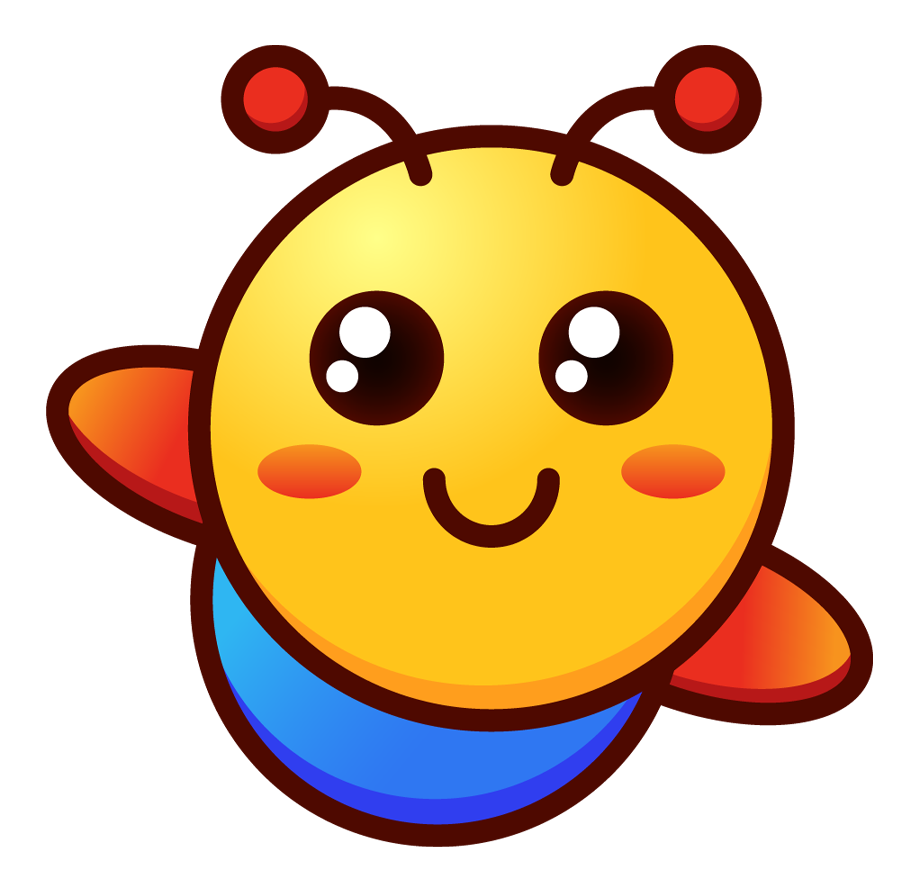
Leave a Reply